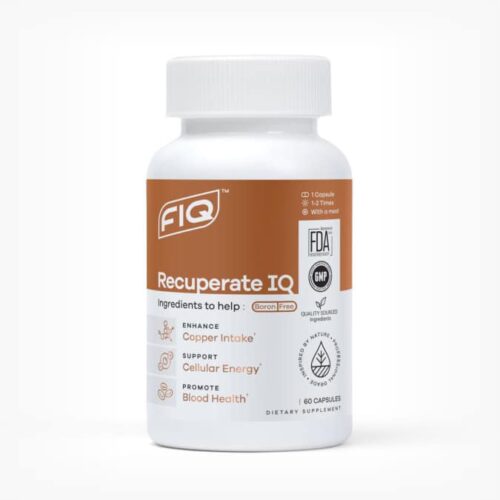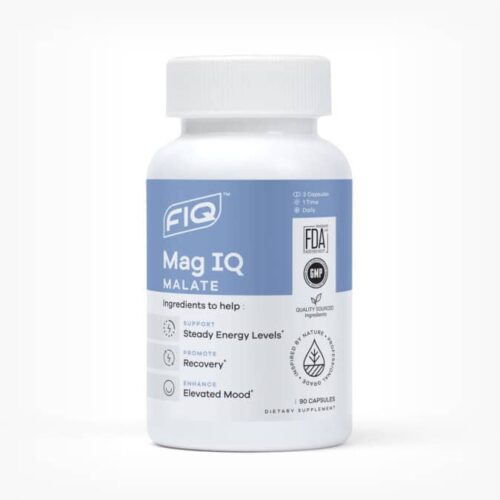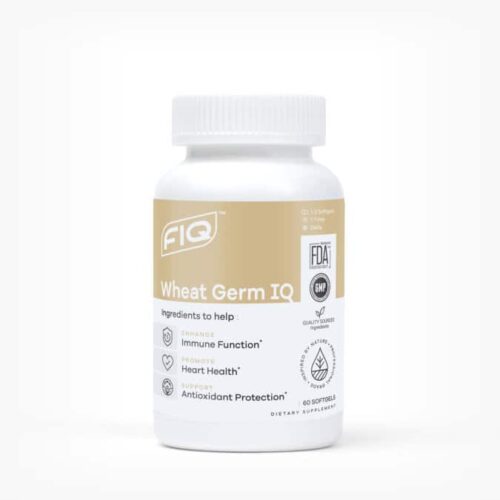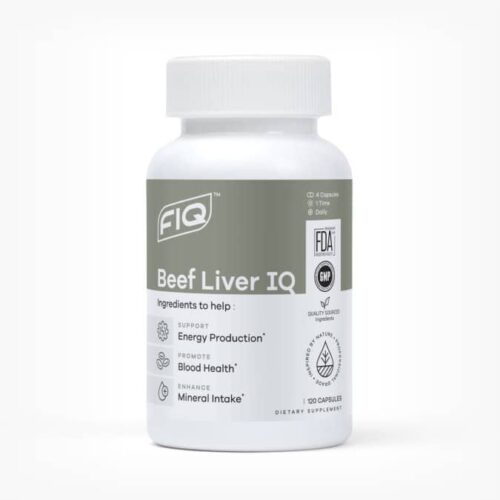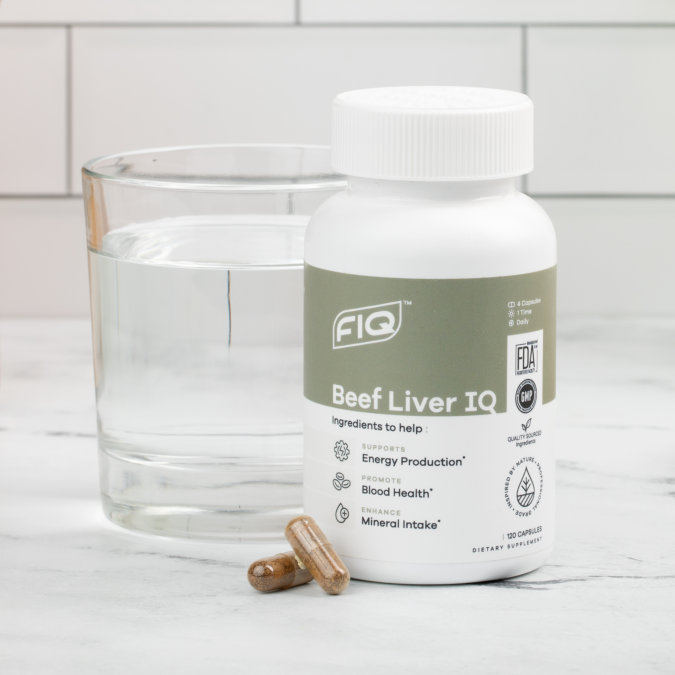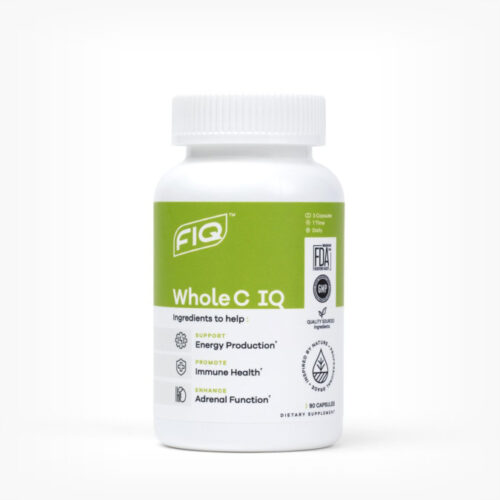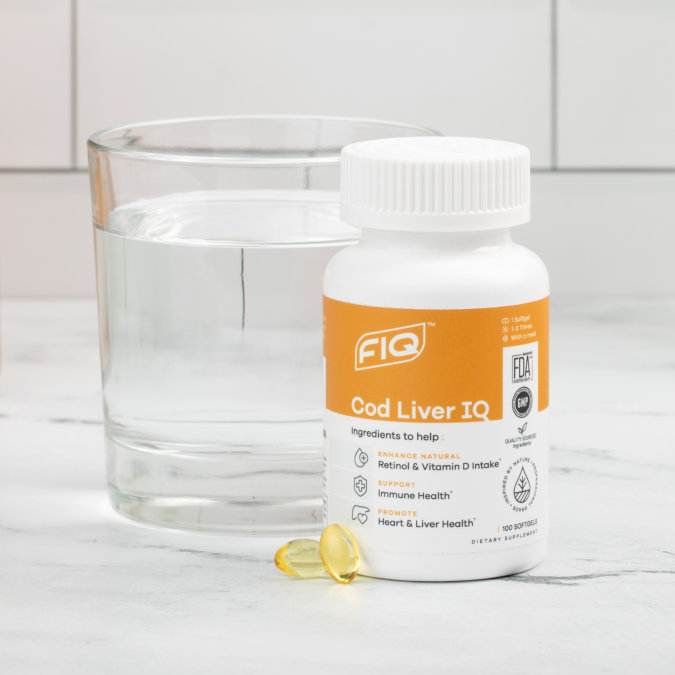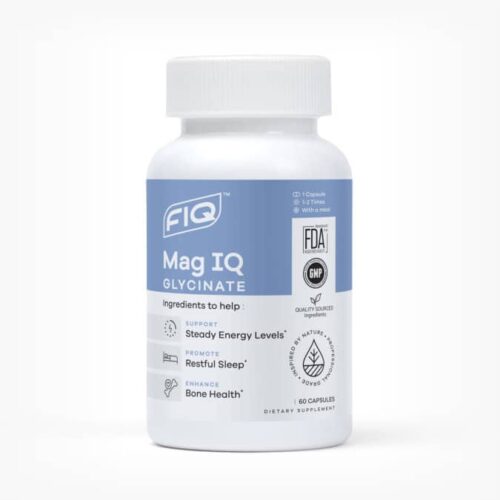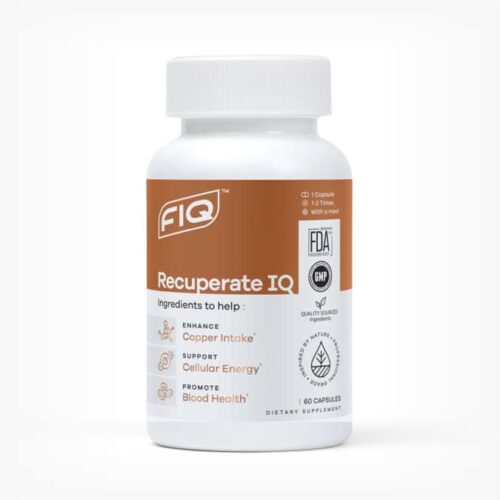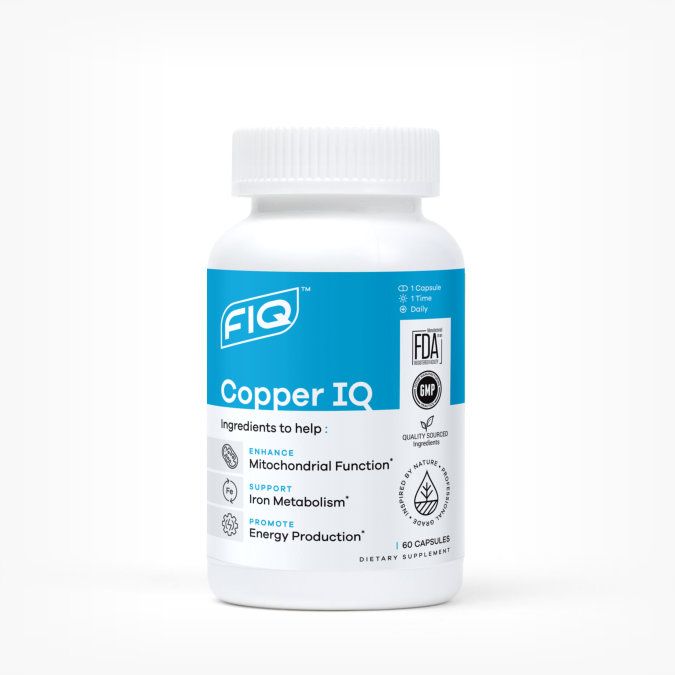
Copper IQ
$18.00
10% discount on first time order
Free US Shipping for orders over $75
Foundational Metabolic Restoration
Details
Copper is necessary for the production of red blood cells (1, 2), mitochondrial energy output (3), collagen formation (4), and activating enzymes that regulate hormone production, antioxidant production, and metabolic functions (5). Organ meats like liver are the best natural sources of copper. As offal is no longer a staple of the modern diet, many people may not be achieving optimal dietary copper intake.
The ingredients in Copper IQ:
- Enhance mitochondrial function
- Support iron metabolism
- Promote energy production
- Reduce oxidative stress
Replenishes your health with life-giving copper in the form of copper bisglycinate. Bisglycinate-chelated minerals are absorbed by amino acid receptors in the GI tract rather than mineral receptors. This means they do not have to “compete” with other minerals, thus enhancing absorption and bioavailability (6).
Prefer to get your copper from whole-food sources? Recuperate IQ is an excellent 5-in-one supplement that offers nature’s richest natural sources of copper: beef liver and spirulina, anti-inflammatory turmeric and boron, and 2mg of copper bisglycinate.
Suggested Use
Supplement Facts
| Amount per Serving | % Daily | Value |
|---|---|---|
| Copper (as Albion® Copper Bisglycinate) | 2mg | 222% |
 No Needless Fillers
No Needless Fillers
 Verifiable Quality
Verifiable Quality
 Maximum Potency
Maximum Potency
FAQ's
What is copper bisglycinate?
This is a molecule of copper with two molecules of glycine attached to it. The glycine allows for greater bioavailability across various tissues in the body.
What is glycine?
Glycine is an amino acid that is present in every tissue of the body and a vital component of various enzymes.
Why do I need copper?
Copper is an essential mineral that is involved in thousands of metabolic processes in the body. You should always speak with your doctor before starting any new supplements to find out if it’s right for you.
Should I take copper with zinc supplements?
Always talk to your doctor before starting any new supplements to determine if they’re right for you. Supplementing zinc without copper may lead to a copper deficiency. Many people choose to take both zinc and copper together.




